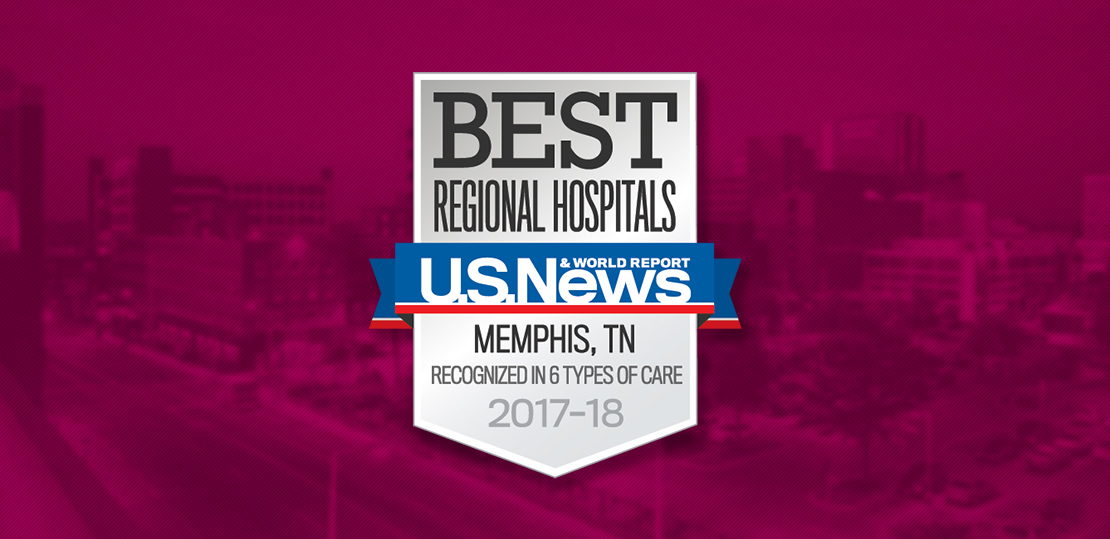Breast Cancer Doesn't End with October: Methodist Le Bonheur Healthcare Takes the Guesswork out of Deciding When to Get a Mammogram
Ryland Gore, M.D., breast surgical oncologist with the Methodist Cancer Institute says, "At what age to start screening usually depends on a woman's personal risk factors and family history of breast cancer. However, I absolutely believe screening mammograms should start at age 40 for a woman of average risk. Do not wait until you're in your 50s. Women with an increased risk or those who have a genetic mutation should talk with their physician to determine the appropriate age to begin breast cancer screenings."
Different health organizations have varying screening mammogram recommendations. Yet, every organization agrees on one thing: If you know you are at higher risk for breast cancer due to family, genetic or racial factors, you should talk to your primary care provider or gynecologist about screening before age 40. Some women may want a baseline mammogram in their 30s, while others at very high risk can advance to additional screenings such as breast MRIs.
So, when should you start getting mammograms?
"It is a personal choice," adds Gore. "As a breast surgeon who treats breast cancer patients, I agree with the National Comprehensive Cancer Network that screening mammograms should start at age 40, as should discussing with your physician the routine frequency or if screenings should begin sooner."
Women with a higher risk of developing breast cancer should talk to their doctor about when to start mammograms and how frequently they should schedule them.
Breast Cancer Risk Factors
Breast Density
Women with dense breasts have a higher chance of being diagnosed with breast cancer.
Family History
If you have an immediate family member (mother, sibling, child) with breast cancer, you may have a higher risk of developing the disease.
An important note is that about 80% of women who are diagnosed with breast cancer have no family history.
Genetic Mutations
Mutations like the BRCA1 and BRCA2 genes increase a person's risk. These mutations are most common in people of Ashkenazi Jewish descent and Black women.
Race
Black women are at higher risk of developing breast cancer, including triple-negative breast cancer, which is a more aggressive form of the disease.
Reproductive History
Women who start their menstrual cycles before age 12 or experience menopause after 55 have an increased risk.
"Certain risk factors, such as genetic mutations, increase your risk of breast cancer more than others," said Gore. "But, having a higher risk for the disease does not guarantee you will develop it. However, it will likely affect when and how often you should get mammograms."









